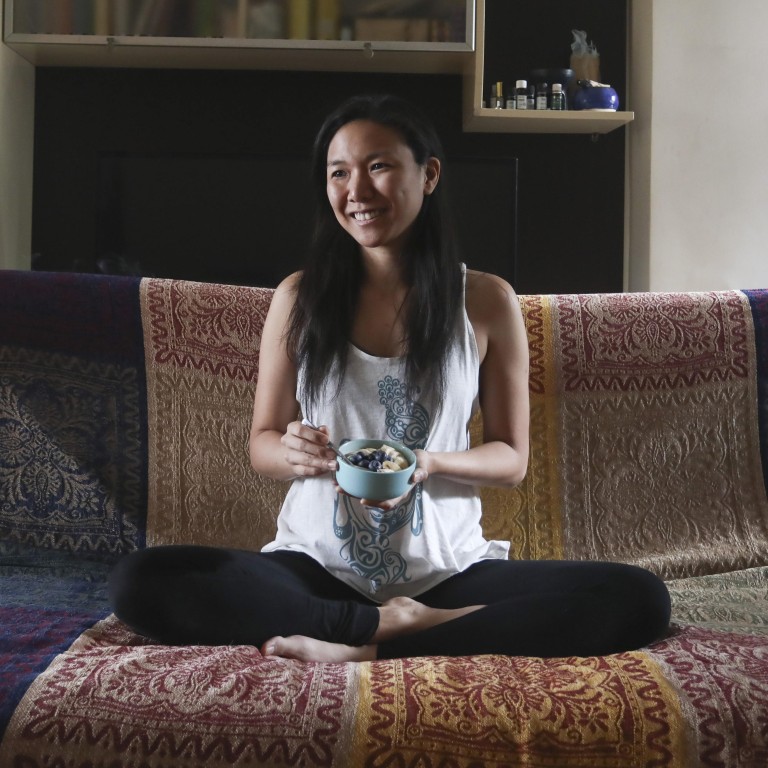
From drink, drugs and suicide attempts to being happier and healthier than ever: how one woman found what her soul needed, and is helping others do the same
- Gwen Siu struggled with her successful yet stressful life; feeling overcome with despair after leaving her job, she tried to kill herself with alcohol and drugs
- A silent retreat saw her change her diet and lifestyle, which led to feeling happier than she’d ever been – a link backed up by a number of scientific studies
Hongkonger Gwen Siu used to live a busy, fast-paced lifestyle, working in some of the city’s most dynamic restaurants and clubs – often putting in 14- to 16-hour days. She was successful, but she was neither happy nor healthy.
“My life was stressful, and to cope, I chain-smoked cigarettes, took drugs and sometimes drank alcohol until I blacked out,” the 33-year-old says. “After I left my job in 2016, I was unemployed for a while. My physical and emotional health deteriorated, and my self-worth was non-existent.”
Overcome with a sense of hopelessness and despair, Siu fell into a dark pit for a couple of years, culminating in a desire to end her life. “On three consecutive days, I tried to take my life using a combination of alcohol and drugs, but when those attempts failed, I took it as a sign that I had to give life another shot.”
She began to see a counsellor to figure out why she “needed to escape from reality”. The therapy helped, but she still didn’t know how to turn her life around. Burned out and desperate for a break, she attended a silent retreat in the Philippines at the end of 2019.
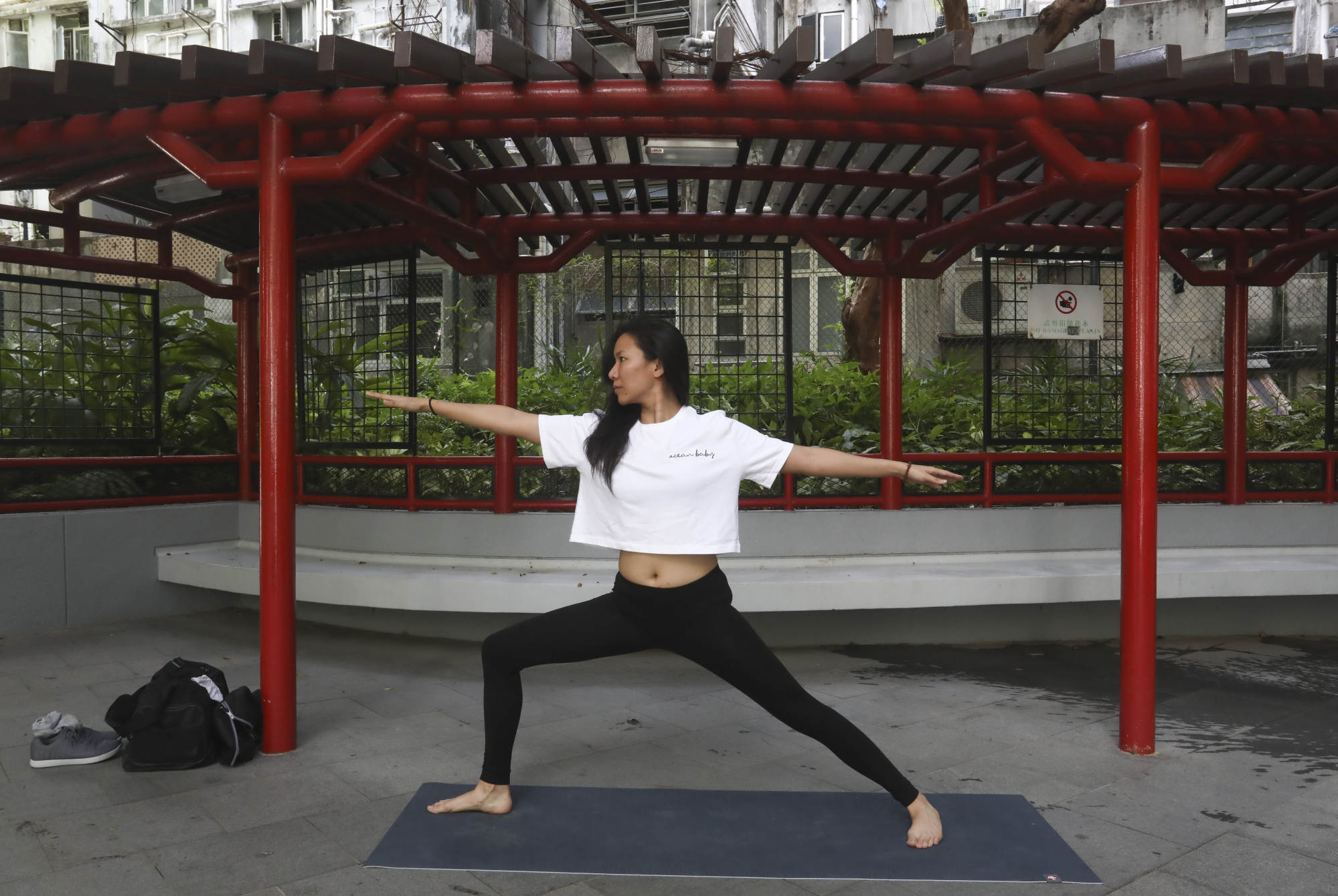
Early last year, Siu decided that she wanted to help people transform their lives through better nutrition and lifestyle habits, so she trained to be an integrative nutrition health coach with the Institute of Integrative Nutrition based in New York. In June 2020, she started health coaching.
One year without alcohol: how my life has changed
Today, she’s happier than she’s ever been and says that her lifestyle contrasts sharply with the one she had before the retreat.
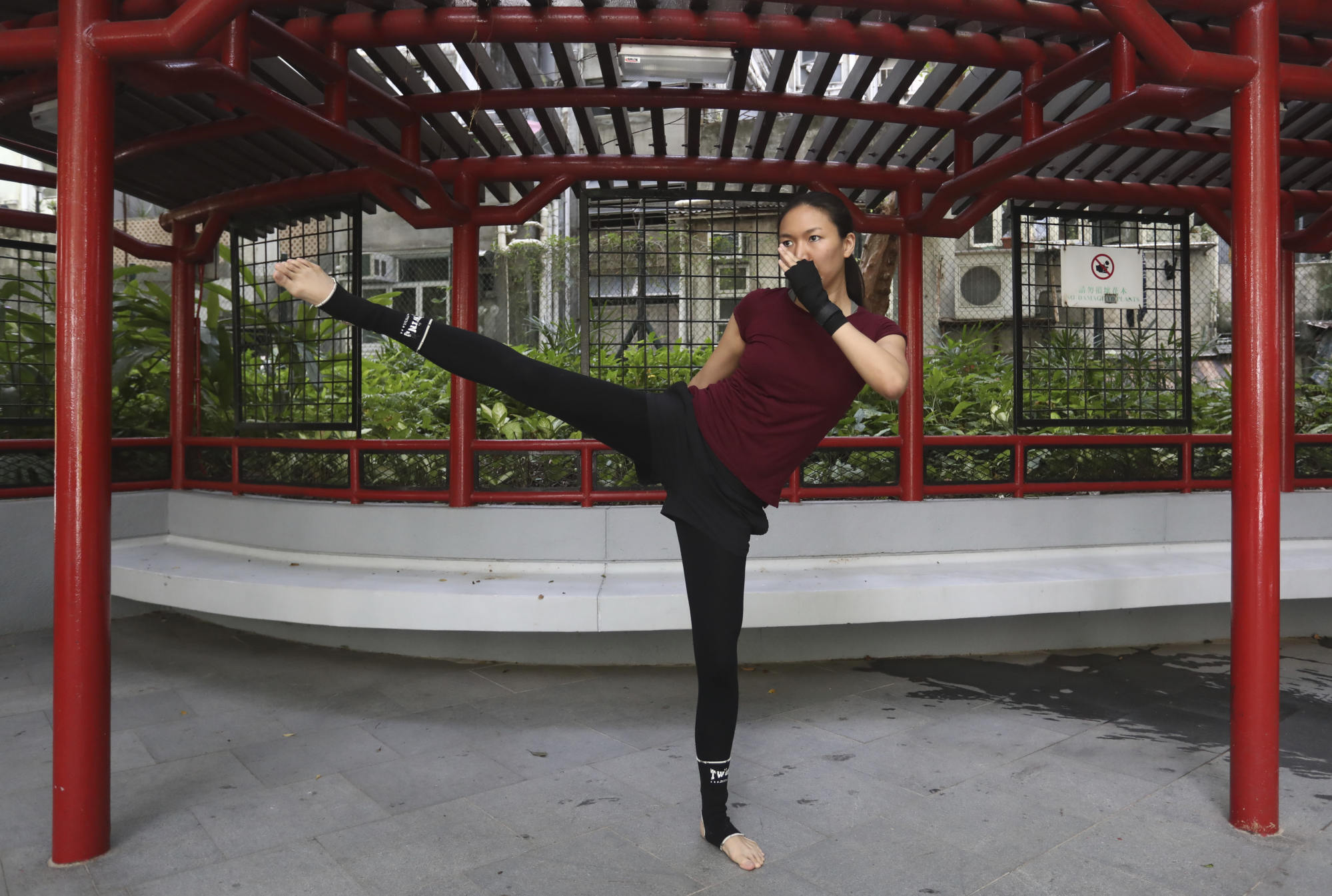
“I used to be angry, negative and unpleasant to be around, but now I’m happier, more grateful and more clear-headed,” she explains. “It just goes to show how much our emotional well-being affects our physical health and vice versa.
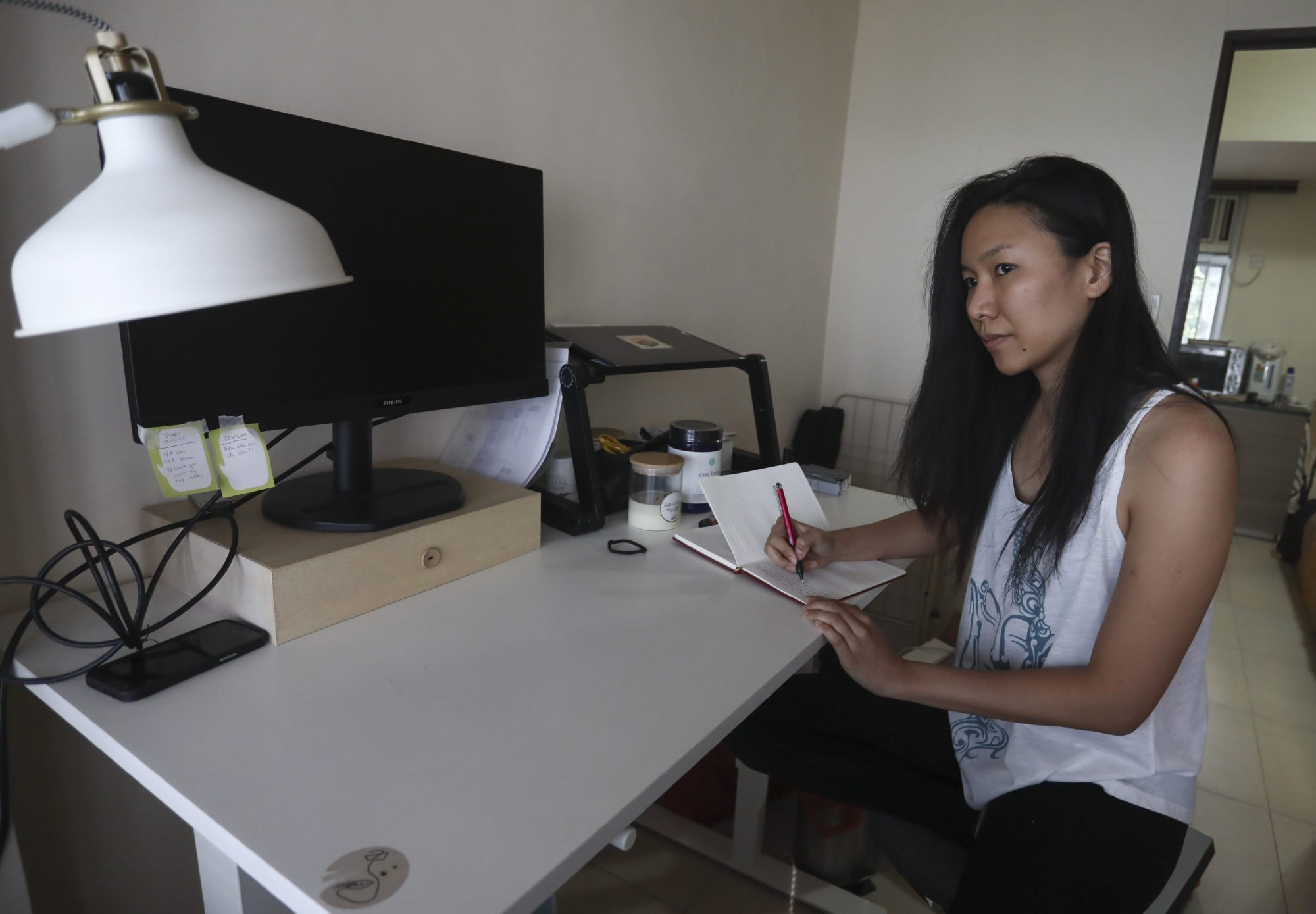
Another study, published in 2008 in the American Journal of Epidemiology, showed that levels of the stress hormone, cortisol, tend to be lower when people are happier. High levels of cortisol are thought to contribute to weight gain, type 2 diabetes and high blood pressure.
More recently, research from the University of British Columbia in Canada looked at life satisfaction, a key part of well-being, and found that higher life satisfaction was linked to a range of positive health and well-being outcomes, including a 26 per cent reduced risk of mortality, a 12 per cent reduced risk of chronic pain and a 14 per cent reduced risk of insomnia. The results appeared earlier this year in The Milbank Quarterly health-care journal.
People who are physically healthy are more content – one analysis by researchers at Yale University in the United States and Oxford University in England, for example, found that regular exercise boosts mental health more than having more money. This research was published in September 2018 in The Lancet Psychiatry.
How to be happy: the 10 universal principles
According to Dr Lim Boon Leng, a psychiatrist at the Dr BL Lim Centre for Psychological Wellness in Singapore, happiness is transient while life satisfaction is a long-lasting feeling. However, both are strongly associated with physical well-being, Lim says, and the link goes both ways and is often indirect.
“People who are happy, report life satisfaction and find meaning in life tend to have a better sense of self-worth and are more likely to look after their physical health. And when we’re physically healthy, we’re more likely to engage in meaningful activities, which would improve our life satisfaction. Certain activities, like exercising, can boost one’s physical well-being and bring about a sense of happiness,” Lim says.
“When our physical health is poor or we suffer from illnesses that cause pain, we may experience mental anguish, which ultimately lowers life satisfaction.”
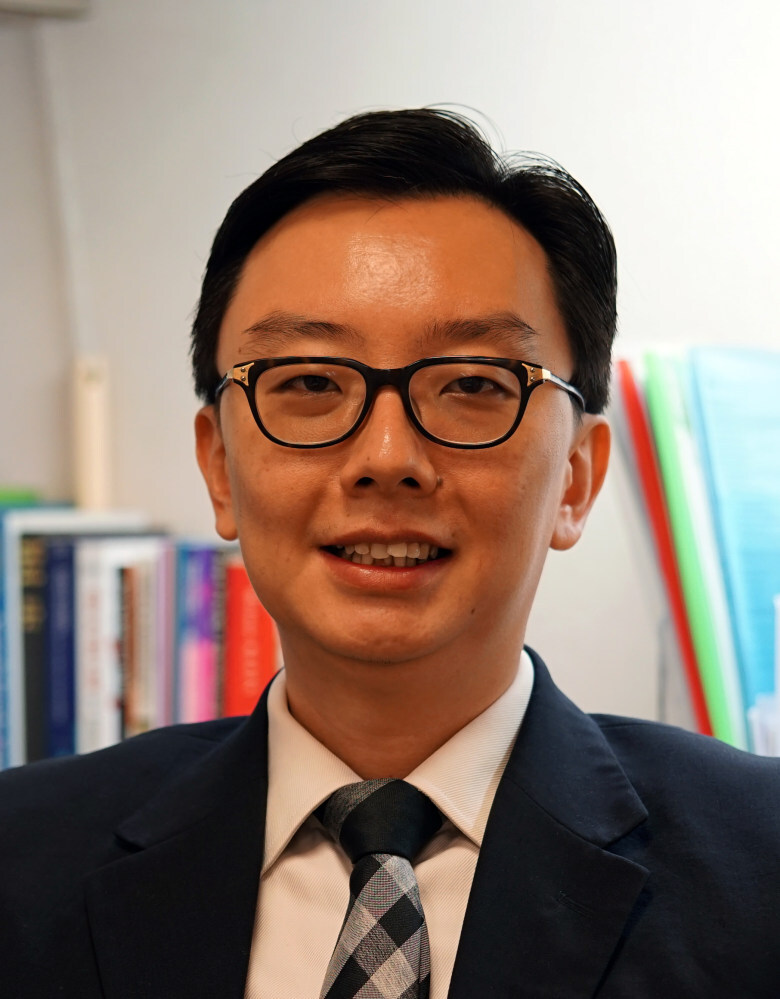
Conversely, when we’re unhappy and dissatisfied with life, Lim says that we’re less likely to physically care for ourselves. We may exercise less or not at all, skip our annual health checks or neglect to get medical treatment.
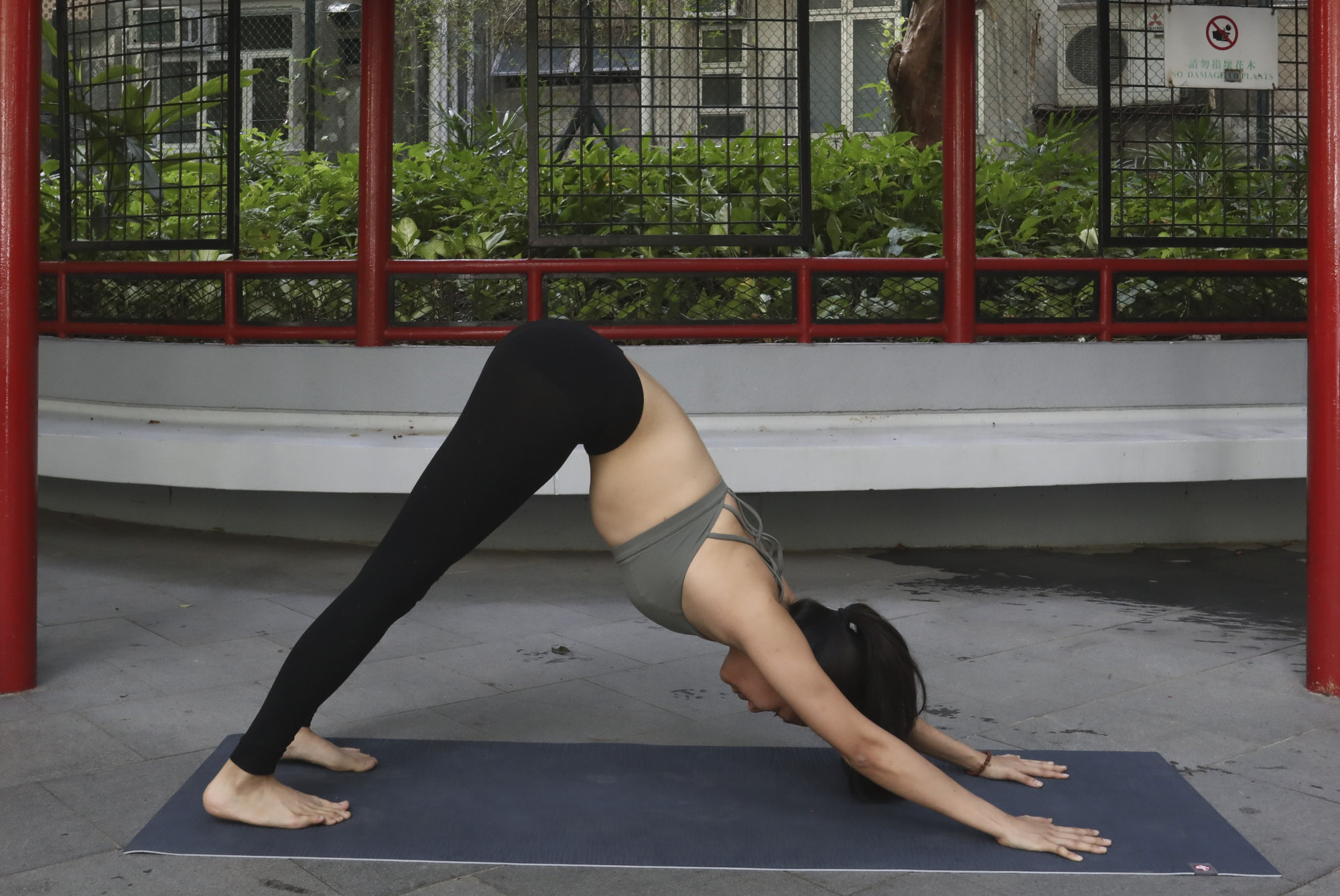
While it’s fine to strive for happiness, Lim says it’s more important to live a life that’s meaningful and purposeful. He adds that numerous studies find that this involves helping others, performing kind or generous deeds, and spending quality time with loved ones.
“Interestingly, chasing happiness often leads to dissatisfaction, disappointment and unhappiness, so we should instead aim to find meaning in our lives. A meaningful life will bring moments of joy, but it will also bring tribulations, which teach us important lessons and push us to keep going, adding more meaning to the things we do.”
It’s because our physical health and emotional well-being are so closely intertwined that we have to actively work at both and not take either for granted, says Siu, who, in addition to being a health coach, also works part-time at a tech company.
Toxic positivity: why being too happy can be a bad thing
“I feel empowered knowing that I have direct and complete control over my own well-being, and, as a health coach, it feels great helping others transform their lifestyles and achieve higher levels of happiness and fulfilment.”

